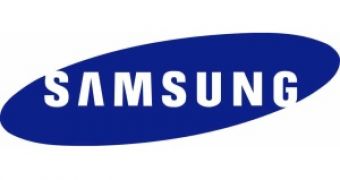Samsung, one of the world's leading innovators in advanced memory technology, has just announced that it has successfully started the mass production of the industry's first two gigabit (Gb) DDR3 devices, designed using the efficient 40nm class process technology. With the announcement, the company further strengthens its position as an innovator in the memory industry, providing its customers with a more efficient manufacturing process that is to offer about 60 percent increase in production productivity over previous-generation 50nm process.
“We see market adoption to DDR3 picking up Steam and are accommodating that with early entry of 2Gb DDR3 using the most efficient DRAM manufacturing technology available today,” said Jim Elliott, vice president, Memory Marketing, Samsung Semiconductor, Inc. “This will set the pace for a new standard in premium, eco-friendly DRAM solutions offering the most advanced, low power RDIMM for servers anywhere.”
The company announced that it would use the new 40nm class chip in 16GB, 8GB and 4GB RDIMMs for servers, as well as UDIMMs (unregistered in-line memory modules) for workstations and desktop PCs. It will also produce SODIMMs (small outline dual in-line memory modules) of up to 4GB for use in notebook PCs, providing customers with a complete memory offering, using the company's latest memory chip. According to Samsung, the new 2Gb chips have been designed as energy-efficient solutions for high-density, high-performance memory applications, offering support for data rates of up to 1.6 gigabits per second (Gbps) at 1.35 volts.
According to a recent market report from research firm iSuppli, 2Gb DDR3 is expected to account for 82 percent of the total DDR3 DRAM market in terms of sold units by 2012. By next year, these new chips are expected to become the mainstream DDR3 DRAM product, which makes Samsung's move one of particular interest, having managed to become the first to mass produce these chips.

 14 DAY TRIAL //
14 DAY TRIAL //